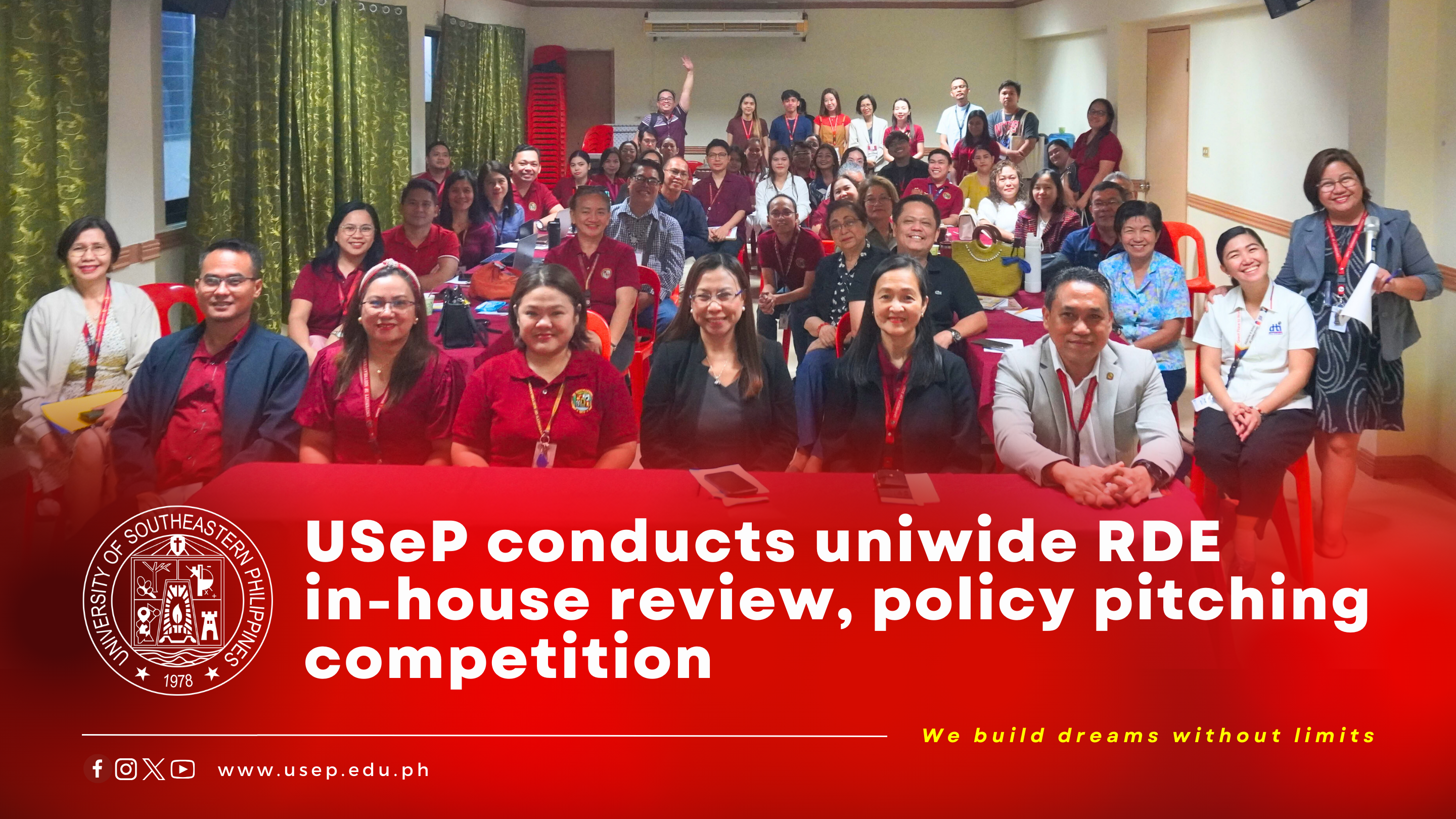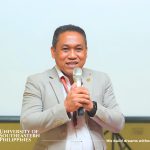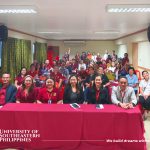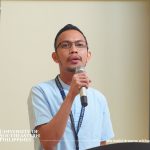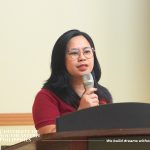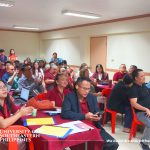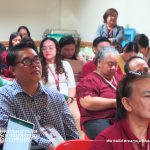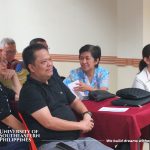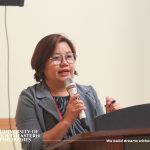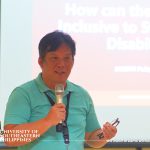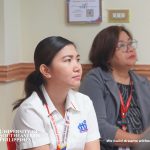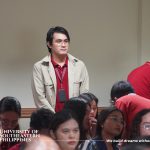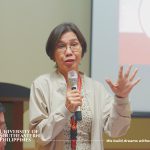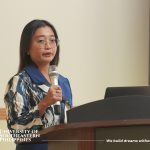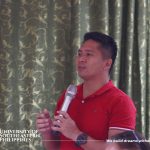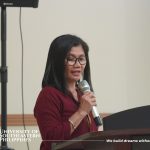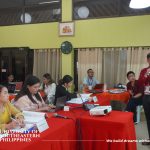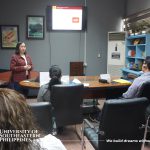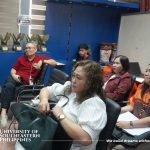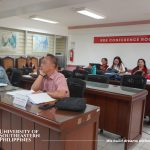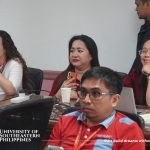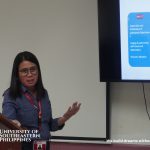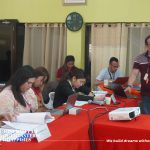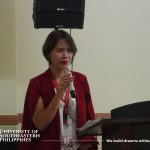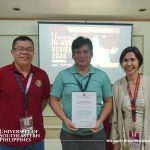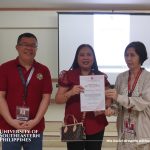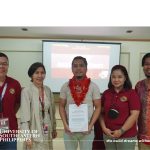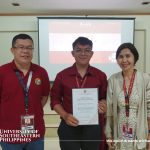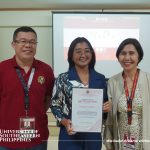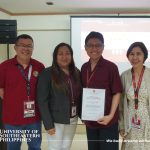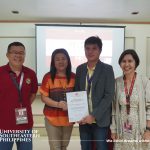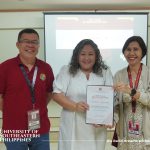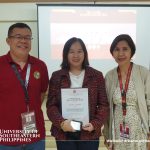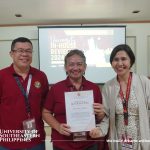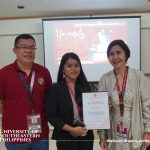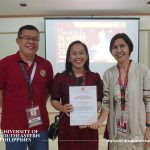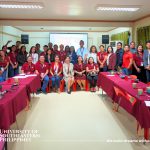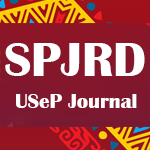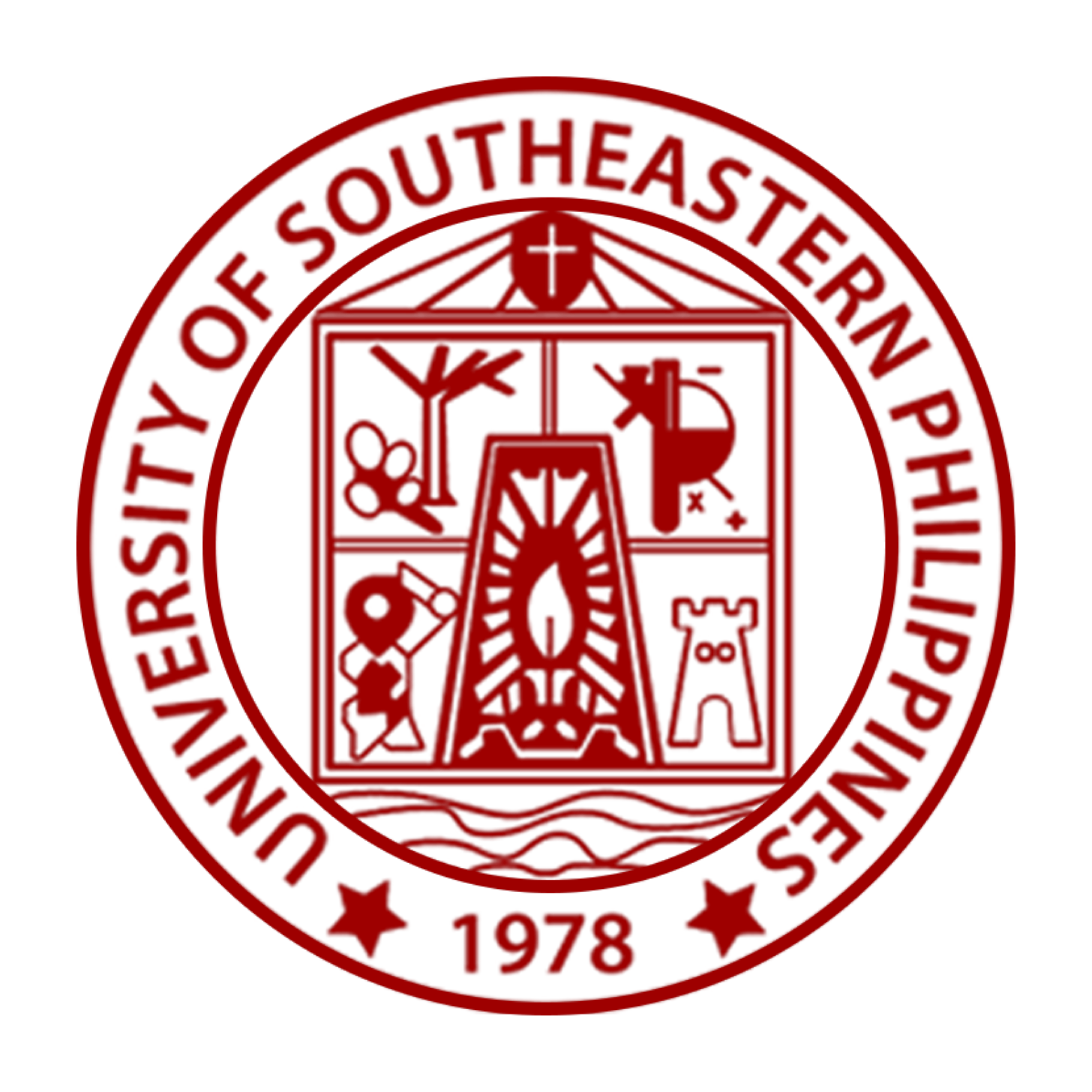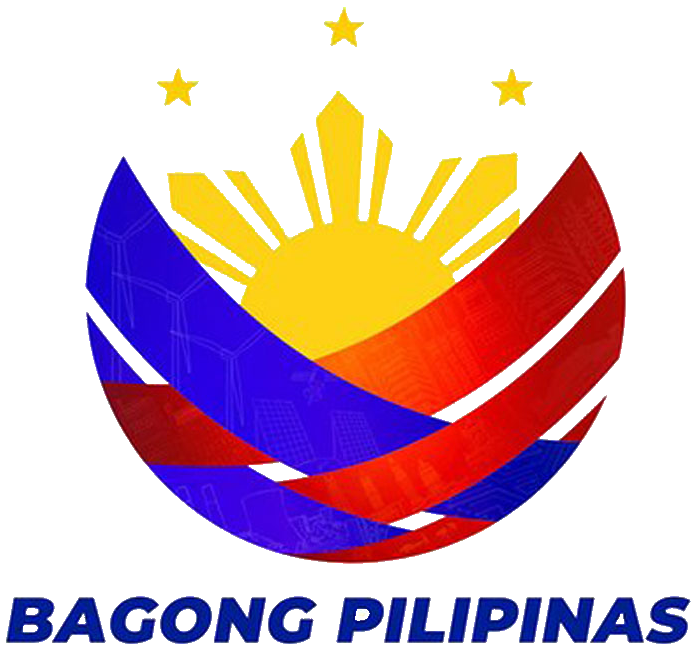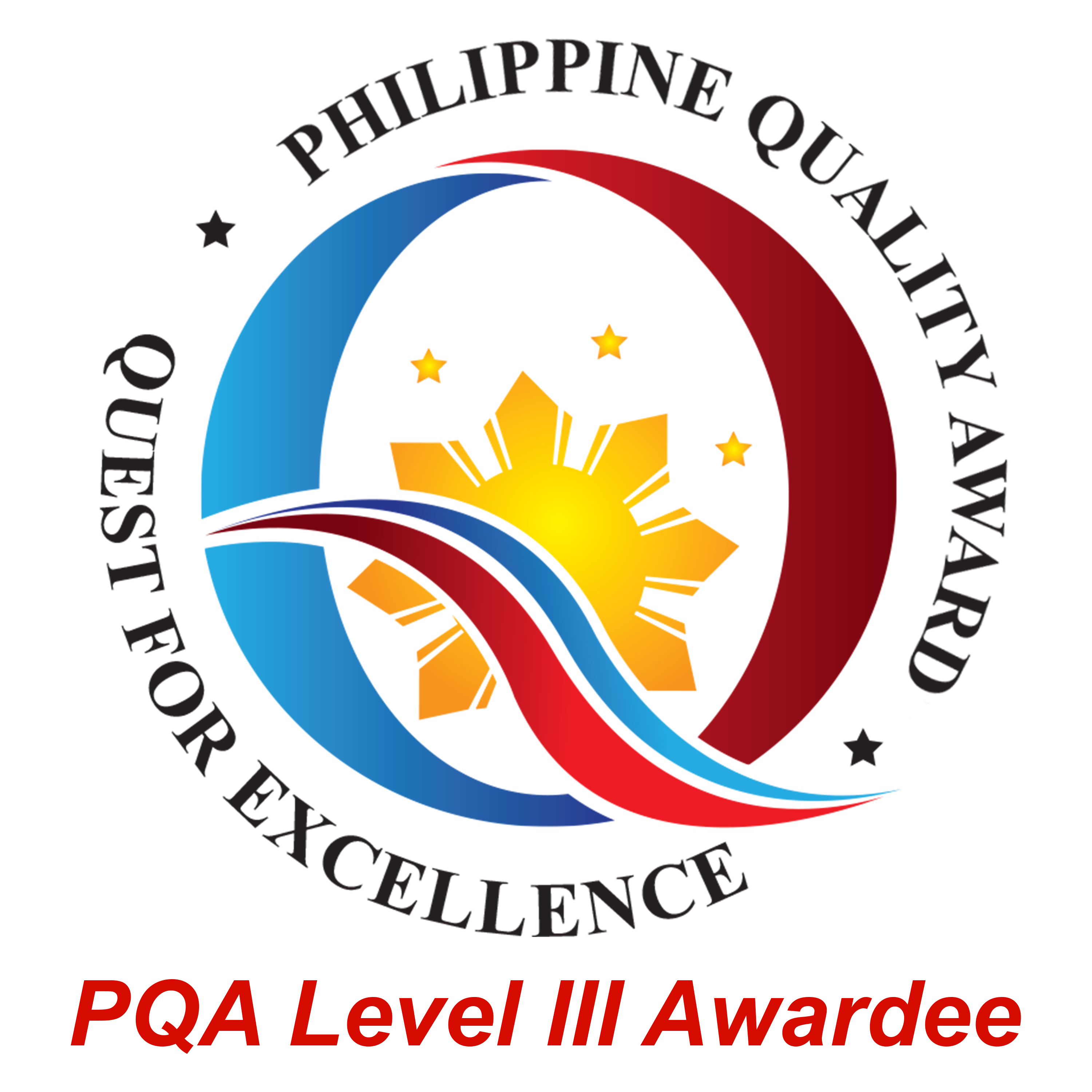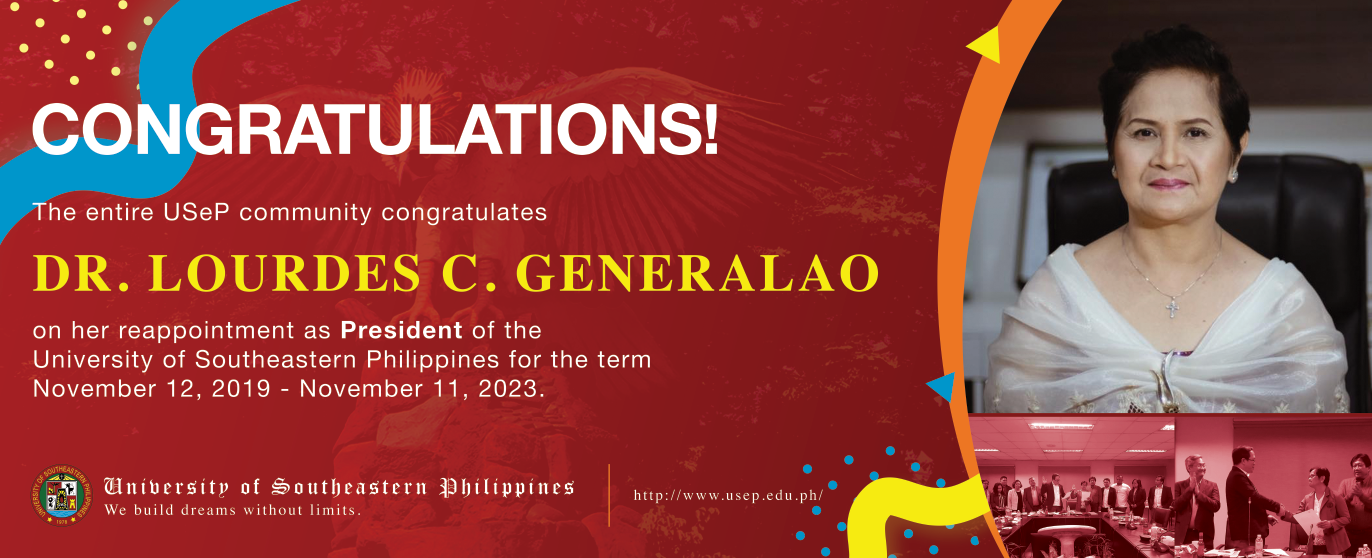In line with its goal to become a leading research university in the ASEAN region, the University of Southeastern Philippines (USeP) conducted this year’s university-wide Research, Development and Extension (RDE) In-House Review and Policy Pitching competition at the University Hostel, USeP Obrero Campus, Davao City, on September 25, 2024.
The event served as a platform to present and evaluate the significant outcomes of completed research and development and extension programs and projects. The review process is organized into five clusters namely: (1) Sustainable Agriculture; Aquatic and Natural Resources (AANR); (2) Education, Arts, and Sciences; (3) Business, Economics, and Governance; (4) Engineering and ICT; and (5) Extension. The policy pitching competition is also introduced as an additional highlight of the event.
Winning entries will subsequently be endorsed for regional competitions or presentations. Moreover, the event served as a platform for the identification of potential technologies for Intellectual Property Rights (IPR), Copyright, Patent, or Utility Model Applications.
In the Policy Pitching Competition, the paper “Revisiting USePAT: Competencies and Psychometric Properties” won first place. The paper is co-authored by Dr. Jennifer Arbiol, Assoc. Prof. Henry C. Encabo, Asst. Prof. Angelie Cabajes, Dr. Fedelis C. Bonocan, Asst. Prof. Marriez Aquino, Dr. Roar A. Callaman, Dr. Mildin J. Retutas, Assoc. Prof. Geraldine E. Francia, Dr. Reynaldo M. Nogodula, Assoc. Prof. Sajed S. Ingilan, Ms. Reah Izza T. Pagkaliwagan, Engr. Norvein L. Calibo, Engr. Randy M. Tongson, Dr. Eveyth P. Deligero, Dr. Marnie Grace I. Sonico, Assoc. Prof. Marivic N. Neri, and Dr. Roger C. Montepio; and presented for the competition by Mr. Encabo.
The Paper titled, “Publication of Indigenous Knowledge System and Practices on Disaster Risk Reduction and Management of Selected Indigenous People Groups in Davao Region”, co-authored by Assoc. Prof. Sajed S. Ingilan, Dr. Mervin G. Gascon, Mr. Francis N. Reginio, Mr. Marvin S. Lagmay, Asst. Prof. Joy R. Risonar, Asst. Prof. Virgil S. Torremocha, Dr. Mary Grace Z. Agbas, Assoc. Prof. Gladys Florangel I. Ortiz, and Dr. Lilibeth Cenojas, presented by Mr. Reginio bagged first place for the Education, Arts, and Sciences Cluster. A paper “Revisiting USePAT: Competencies and Psychometric Properties” won the second place; while the paper “Pest Gastropod Distribution and their Endoparasitic Nematodes in High-value Crops and Fish Ponds in Davao City- Phase 1” co-authored by Dr. Marnie Grace I. Sonico, Mr. Yves Paul M. Montero, Dr. Majella G. Bautista, and Asst. Prof. John Paulette M. Viernes, and presented by Dr. Sanico won third place.
In the Business, Economics, and Governance Cluster, the paper titled, “Blockchain-Based Novel System Application for Transparent Traceability of Halal-and-Tayeb Cacao Products” co-authored by Engr. Filmann T. Simpao, Dr. Eugene M. Bije, and Ms. Charlotte Mirafuentes and presented by Dr. Bije won first place. The papers titled, “Inter-consortia Convergence in Socio-Economic R&D Institutionalization of the Socio Economic Research and Data Analytics Centers in Consortia Operations” co-authored by Asst. Prof. Jennifer E. Hinlo, Assoc. Prof. Ronald D. Estrada, Ms. Jamila Allana B. Valdez, and Ms. Rizamae S. Palen, and presented by Ms. Palen; and “Impact Assessment of the Phil LiDAR Program” co-authored by Assoc. Prof. Ronald D. Estrada, Dr. Emelie G. Pelicano, Ms. Rizamae S. Palen, Assist. Prof. Christine R. Varquez, and Mr. Dave S. Roblis, and presented by Mr. Roblis, won the second and third-best papers, respectively.
In the Engineering and ICT Cluster, the paper titled, “Monitoring the Level of Implementation of Outcomes-Based Education: The Case of the University of Southeastern Philippines – College of Information and Computing” co-authored by Dr. Randy S. Gamboa and Asst. Prof. Nancy S. Mozo and presented by Asst. Prof. Mozo won the best paper award. The papers titled, “Classifying Cross Recurrence Plot Extracted from Eye-Tracking Data for Predicting Pair Success” authored and presented by Dr. Maureen M. Villamor; and “4IR Capability Track: Preparing Librarians for Future-Proof Skills (Phase 2)” co-authored by Dr. Maychelle M. Nugas and Mr. Francis Andrian S. Sanico and presented by Mr. Sanico, won the second and third best papers, respectively.
In the Extension Engagement Cluster, the paper titled, “Reinforce of the Out of School Youth Support Systems for Development through Technology, Innovation and Research; Out of School Youth Information System (OSYIS) and Learning Management Systems (LMS)” co-authored by Dr. Ivy Kim D. Machica, Assoc. Prof. Jamal Kay B. Rogers, Ms. Cheryl R. Amante, and Ms. Josephine D. Magada and presented by Dr. Machica, won the best paper award. The papers titled, “Amoma ug Giya Alang sa Kahamugaway (AGAK): (Care and Guide for Stability) Community Intervention for Indigenous People on Saba/Caradava Banana and Vegetable Production in Selected Areas of Davao Region” co-authored by Dr. Evelyn A. Gecale, Dr. Gilbert A. Importante, Dr. Cecirly G. Puig, Asst. Prof. Christine R. Varquez, Dr. Mervin G. Gascon, Dr. Ulyses P. Besas, and Dr. Jonathan S. Mangmang and presented by Dr. Gecale and “DOST-PRA (Participatory Rural Appraisal in Brgy. Gupitan, Kapalong, Davao Del Norte)” co-authored by Ms. Liza May M. Lamban, Asst. Prof. Ruel F. Tuyogon, Mr. Apolinar D. Tabañera Jr., Ms. Bridgette Lucille Aline Catalan, Mr. Mayren Cruiz, Asst. Prof. Stephanie Copas, Asst. Prof. Michelle Mangmang, Mr. Roel Rementizo, Dr. Fernando Magdato Jr., Mr. Rosalino Recto, Engr. Sheila Cogay, Dr. Merlina Juruena, Dr. Joie D. Cataytay, Engr. Alona Che-Tangye, Assoc. Prof. Virginia Barbara P. Nillas, Assoc. Prof. Genesesly Tahoy, Mr. Leo Pongos, and Asst. Prof. Fraulein I. Silva, and presented by Ms. Lamban, won the second and third best papers, respectively.
USeP continually strives to create a strong and dynamic research and extension community that produces alternatives for socio-political issues in the region. It also seeks to foster critical reflection and encourages methodological and theoretical refinement in the work of its faculty and non-teaching personnel.
